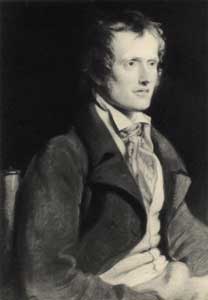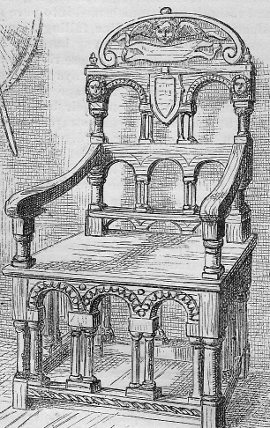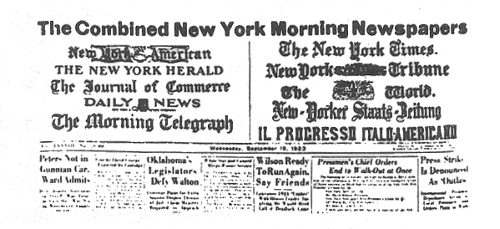
“Dear Sir,–I am in a madhouse. I quite forget your name or who you are. You must excuse me, for I have nothing to communicate or tell of, and why I am shut up I don’t know. I have nothing to say, so I remain yours faithfully, JOHN CLARE.”
So wrote John Clare to an inquirer in 1860. At that point he had spent 18 years in a Northamptonshire asylum, after a promising if penurious career as a nature poet. His first volume, in 1820, had been brought out by Keats’ publisher and highly praised, but by 1835 he was descending into alcoholism and mental illness, confusing himself with Byron and Shakespeare and at one point interrupting a performance of The Merchant of Venice to berate Shylock.
Today Clare is ranked among the greatest of 19th-century poets, one whose sensitive nature had become increasingly disjoint as the industrial and agricultural revolutions swept the idyllic English countryside of his youth.
More’s the pity. When completing the paperwork to confine him to the asylum in 1841, Clare’s doctor had considered the question “Was the insanity preceded by any severe or long-continued mental emotion or exertion?” He answered, “After years of poetical prosing.”




